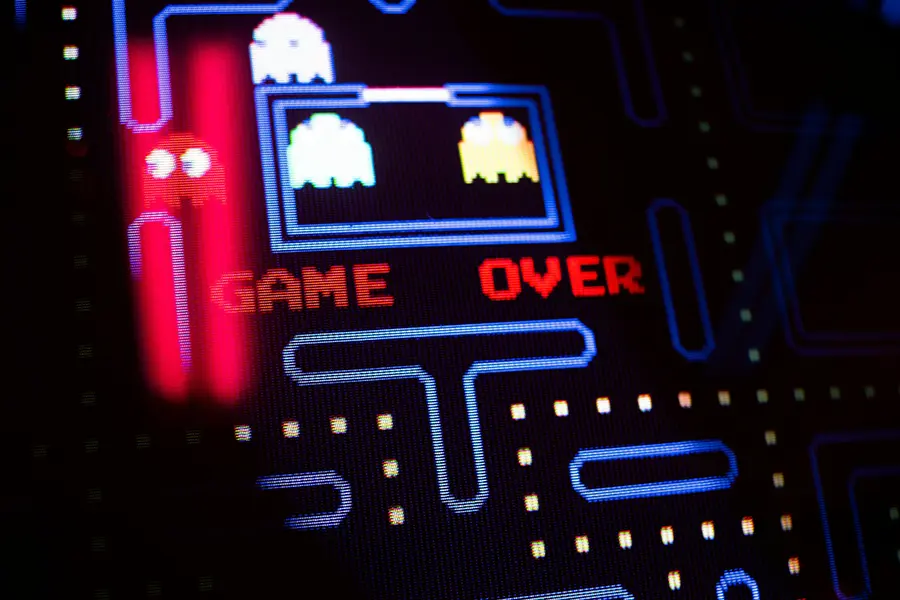Have you ever noticed how your focus starts slipping after a couple of hours of work? You stare at the screen, your productivity dips, and even simple tasks feel harder than they should. The solution isn’t always coffee—it might be a quick game break.
Casual games, when played in short bursts, can actually sharpen your mind, reduce stress, and reset your focus. Unlike scrolling through social media (which often drains energy), casual games engage your brain in light but stimulating ways. Whether you’re at the office or working from home, a few minutes of play might be just what your brain needs.
Let’s explore why casual games work, which ones are best, and how you can use them to improve productivity without falling into distraction.
The Science Behind Short Gaming Breaks
Taking breaks has long been proven to increase productivity. According to studies in cognitive psychology, the human brain can only focus deeply for about 90 minutes at a time before needing a reset. That’s where micro-breaks—lasting between 5 to 15 minutes—come in.
Casual games are perfect for these breaks because they:
- Boost problem-solving skills – even simple puzzle games activate cognitive flexibility.
- Provide stress relief – engaging play triggers dopamine, which improves mood.
- Sharpen reflexes and memory – quick challenges keep your mind agile.
Unlike passive activities like scrolling Instagram, games are interactive. They give the brain a small but refreshing challenge, helping you return to work sharper and more engaged.
Best Casual Games for Quick Focus Resets
Here are some of the top casual games that are short, fun, and surprisingly effective at giving your brain a boost:
1. Google’s Hidden Easter Egg Games
Google is full of playful surprises that double as great brain breaks:
- Google Block Breaker – A modern twist on the arcade classic. Break blocks with a ball and paddle directly in your browser.
- Pac-Man – The timeless maze-chase game, playable right inside Google Search.
- Snake – Feed your snake and grow longer without bumping into yourself.
- Tic Tac Toe – Challenge Google’s AI or a coworker for a quick round.
- Dino Game – That jumping dinosaur you see when the internet is down—simple but oddly addictive.
These are ideal because you can start playing instantly with no downloads. Just type the name into Google Search.
2. Classic Browser Puzzles
- 2048 – Slide numbered tiles until you reach the 2048 tile.
- Solitaire – A relaxing card game that improves focus and patience.
- Tetris Variants – Fast-paced puzzle-solving to sharpen reflexes.
3. Mobile Mind Games
- Wordle – Quick daily word puzzles to exercise verbal skills.
- Sudoku – Great for logical thinking and concentration.
- Lumosity / Peak – Brain-training apps with short exercises for memory, focus, and speed.
The key is to pick games with clear endings (levels, puzzles, or daily limits) so you don’t accidentally sink 30 minutes when you only wanted 5.
How to Use Games for Productivity (Without Getting Distracted)
It’s easy to go from a “quick round” to a 45-minute deep dive if you’re not careful. To keep gaming as a productivity tool instead of a time-waster, follow these tips:
- Set a Timer – Limit playtime to 5–10 minutes.
- Choose Games with Natural Stopping Points – Puzzle or level-based games are better than endless ones.
- Use Games as Rewards – Finish a task, then treat yourself to a quick game.
- Stay Mindful – If you notice yourself losing track of time, switch to a different activity like stretching or walking.
Think of casual gaming the same way you’d think about stretching your legs—it’s a reset for your mind, not an escape from work.
Google’s Role in Casual Gaming
One of the coolest things about Google is its playful side. Over the years, the company has hidden countless Easter eggs—little surprises that pop up when you type certain phrases into Search.
From Zerg Rush (where O’s invade your screen) to interactive doodles like Pac-Man and Block Breaker, these hidden games aren’t just fun. They reflect Google’s culture of creativity and curiosity.
For users, they’re also a perfect mental micro-break. Instead of leaving your desk or opening an app, you can spark joy with just a search.
Why Casual Games Are So Addictive
There’s a reason these games feel irresistible:
- Easy to Start, Hard to Master – You can jump in instantly, but the challenge escalates.
- Short Feedback Loops – Scores, levels, or sound effects give instant rewards.
- Nostalgia Factor – Games like Block Breaker and Pac-Man connect us to childhood memories.
This combination makes them ideal “snackable” entertainment. They don’t demand much, but they deliver enough excitement to refresh your brain.
Final Thoughts
Work doesn’t have to be a grind from start to finish. Taking short breaks isn’t just good for your mental health—it can actually improve your focus and output. And casual games, when used wisely, are one of the best ways to recharge.
So the next time you feel your attention slipping, don’t just scroll aimlessly. Open a quick puzzle, try out a Google Easter egg game like Block Breaker, or challenge yourself with Sudoku.
A five-minute play session might be all you need to return to your tasks sharper, happier, and more productive.





